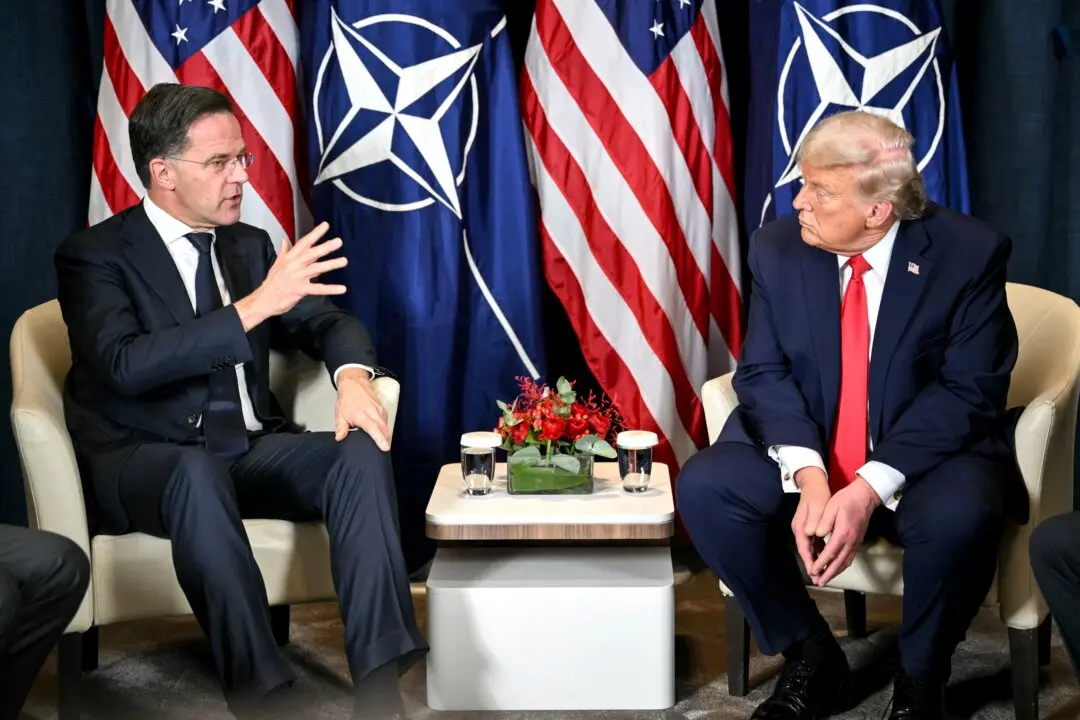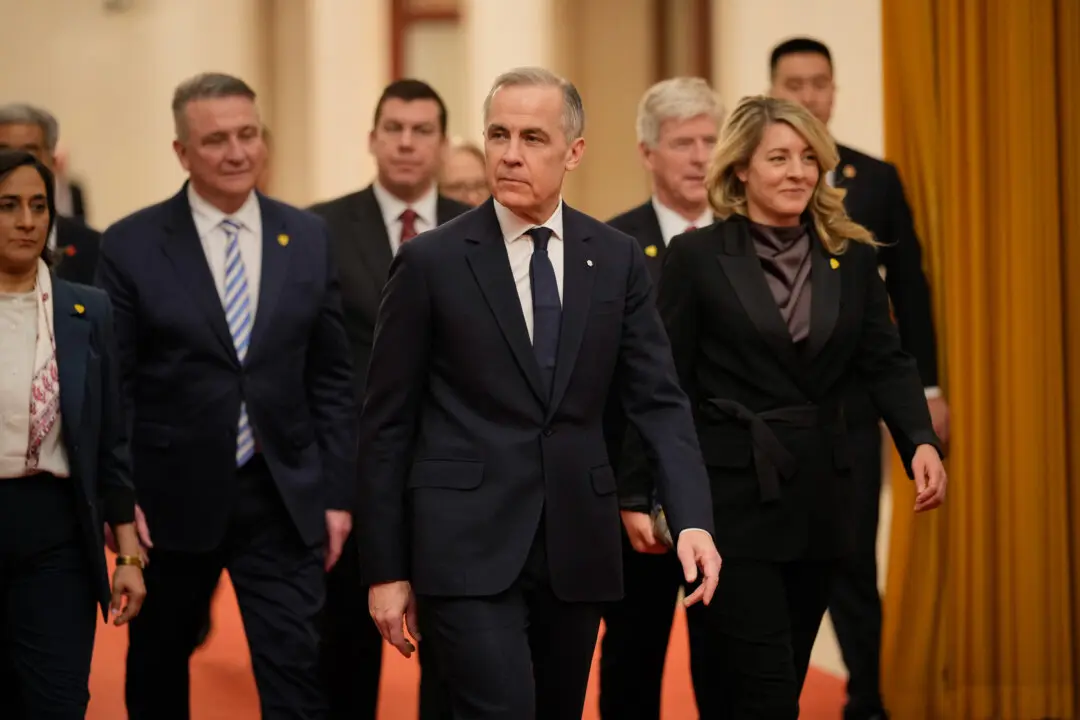Commentary
The Chinese government appears to be using the unlikely trigger of the coronavirus pandemic as a basis of escalating its rivalry with the United States as the world’s most important and influential country. This is such an unpromising sequel to the debacle they made of that crisis it incites the suspicion that the regime is motivated more by fear than by confidence.





